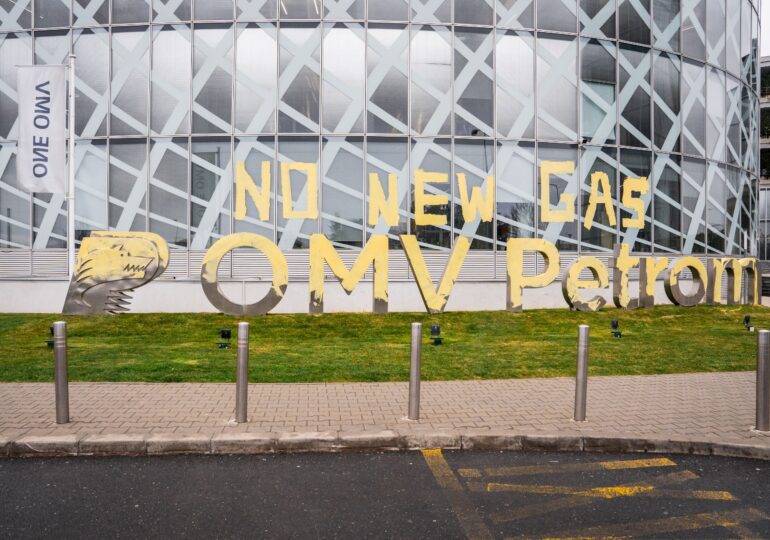Building the largest gas exploitation in Europe – Neptun Deep – near a war zone, without a risk analysis regarding marine mines, is considered a clear suicide, according to representatives of Greenpeace Romania.
„We do not foresee a resolution soon regarding Russia’s war in Ukraine. It is a clear suicide to build the largest gas exploitation in Europe near a war zone, without first presenting a risk analysis regarding drifting marine mines towards the installations and without proposing a series of necessary measures to reduce associated risks.
Constanta Environmental Protection Agency urgently needs to request these analyses from OMV and Romgaz before making any final decision regarding the environmental agreement for the Neptun Deep project," stated Vlad Cătună, campaign coordinator, Greenpeace Romania.
Environmental activists point out that floating marine mines have caused numerous accidents in the Black Sea, some even close to inhabited and tourist frequented areas.
Furthermore, the defusing of several mines was necessary in the immediate vicinity of the planned Neptun Deep project.
"Especially during the construction phase, marine mines pose a risk to transport vessels and personnel on the construction site. Once the platform is operational, mines can damage the transport pipeline, anchors, or drilling wells.
In case gases leak due to damages caused by mines, it would be a disaster for the climate.
As Greenpeace's analysis of the EIA documents shows, a leak lasting just a few days can release a quantity of greenhouse gases equivalent to what would be released in a whole year of exploitation," notes the Greenpeace press release.
Neptun Deep is the largest planned fossil gas project in the European Union (EU).
According to the environmental impact assessment (EIA) documents analyzed by Greenpeace, it will produce over 200 million tons of greenhouse gases, equivalent to what Romania emits in three years.
"The Constanta Environmental Protection Agency has accelerated the approval process for Neptun Deep by issuing the final decision for the Environmental Agreement on June 14. This decision was issued without considering the risks involved by marine mines in the Black Sea and the environmental damages they could cause," the statement reads.
Greenpeace Romania has taken legal action against OMV Petrom and Romgaz companies, Tuzla City Hall and Local Council, Dobrogea Litoral Water Basin Administration, and the "Grigore Antipa" National Institute for Research and Development in Marine Sciences for irregularities in approval processes and lack of transparency regarding crucial data concerning toxic substances to be discharged into the Black Sea.
At the same time, the environmental organization has launched a petition to protect the Black Sea and stop the Neptun Deep project.

